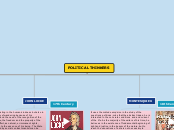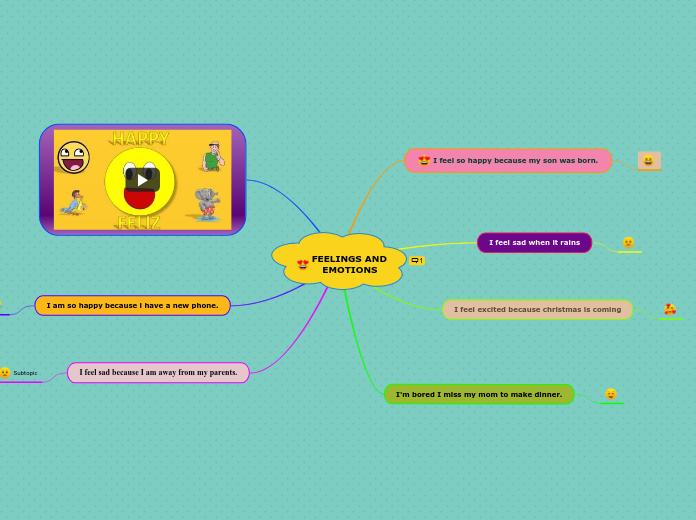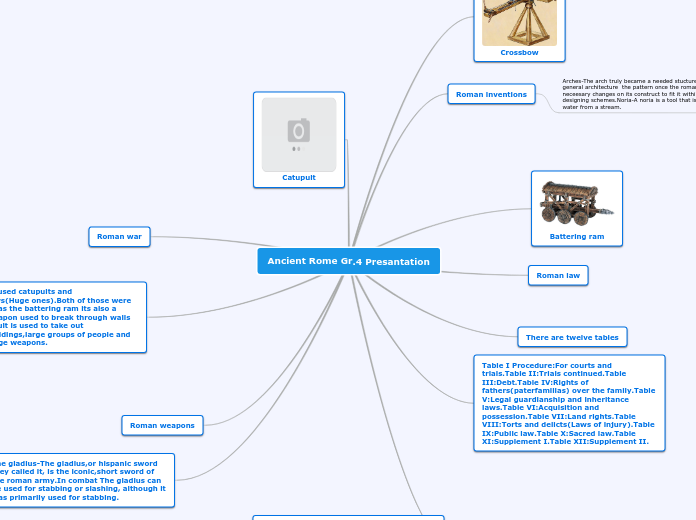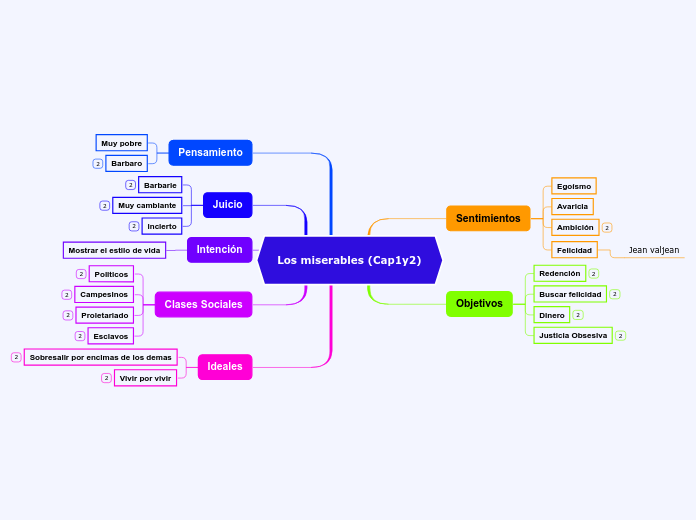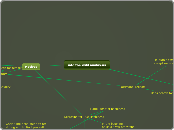por maria garcia hace 7 años
350
ENLIGHTENED THINKERS
There are two distinct types of people in the world: those who find happiness in the positive aspects of life and those who focus on negativity. Happy individuals appreciate the good in conversations, well-prepared meals, productive days, and the finer details of life, allowing them to experience joy.
